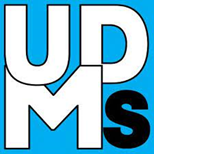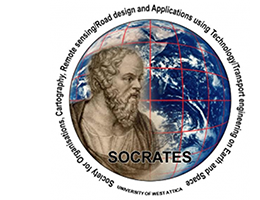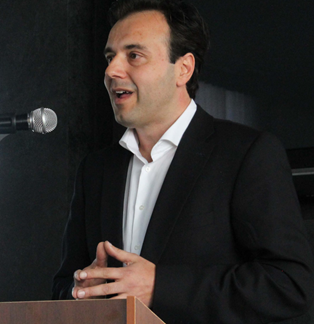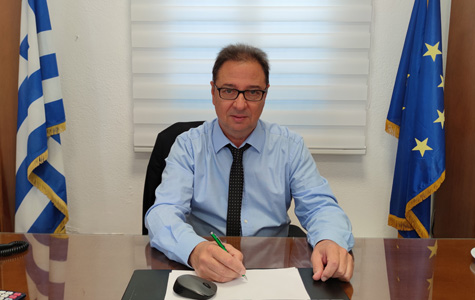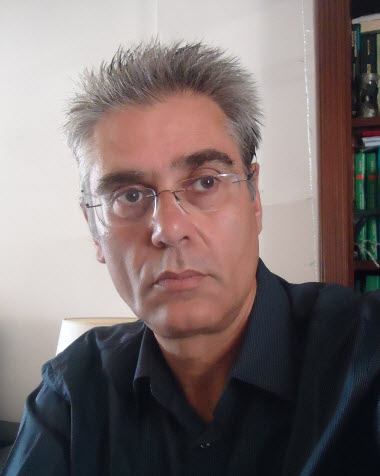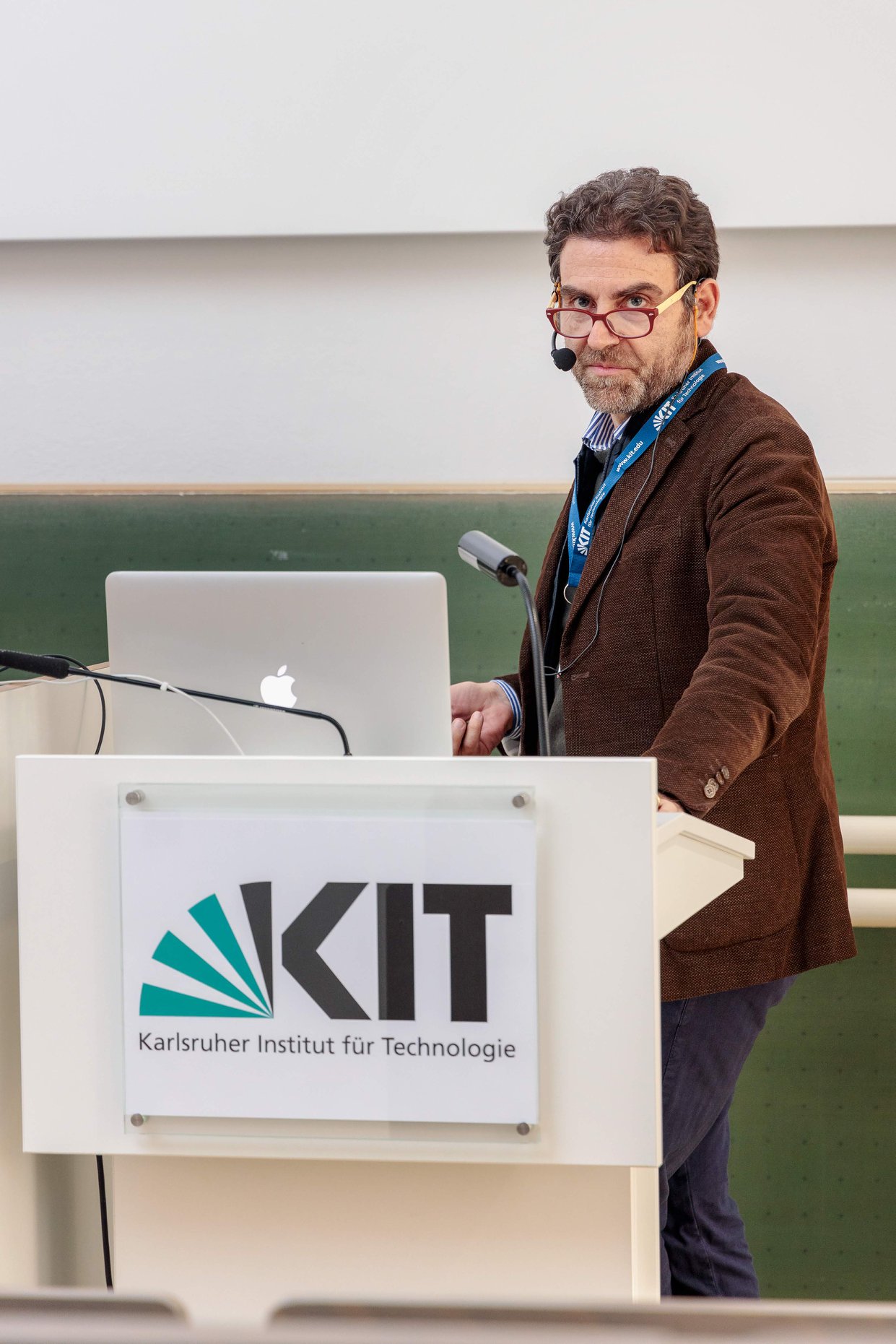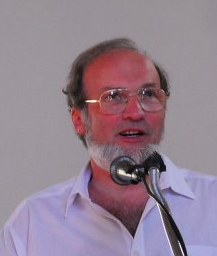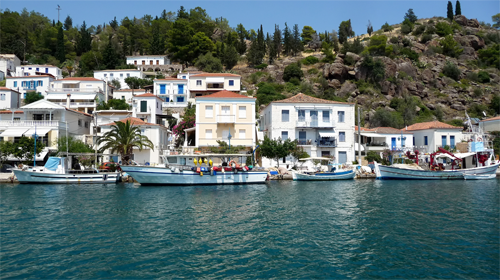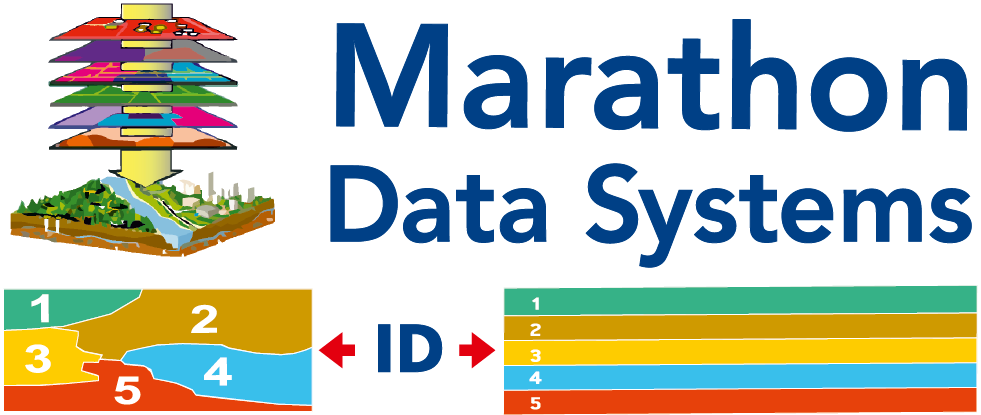


Overview
Data and data science play key role in informed decision-making for various businesses. 3D location data and 3D data analysis add more advantages for identification of problems, patterns and trends by location and time to make smarter decisions for our cities. Smart cities get benefits from data, data science, location data and analytics to provide accurate information for better decision making at local and regional scale. Sensing technologies and real time data collectors are also great tools for collecting different dimensions of data. In a smart cities era, all these data and information require appropriate collaborative and communication technologies for better management and sharing of data and information.
The Smart Data and Smart Cities (SDSC) Conference is an annual international conference that brings together international experts in city analytics, GIS, digital twins, smart cities and data science from leading research institutes to discuss advances in methods and applications. It provides a forum to discuss the use data and technology to plan and shape our future cities. SDSC is the annual conference of the Urban Data Management Society, a society over 40 years old.
This year the 8th annual SDSC conference will be held in Athens, Greece 04-07 June, 2024. This is the first time SDSC conference has come to Greece.
This event seeks to invite cutting edge research, experience, and implementation relevant to city and infrastructure data, analytics, collaborative environments, and platforms for smarter decision making at local, national, and international levels. We encourage scholars and practitioners to share their research and experience relevant to the themes of the conference:
- GIS, urban informatics, and smart cities
- Sensing technologies, laser scanning and smart cities
- BIM and infrastructure
- Data science, visualisation and City Analytics
- Mobility data and visualisation
- Participation and empowerment
- Privacy, data security challenges in digital twins and smart cities
- Blockchain technology for municipal management
- Open data and open urban platforms
- Crowdsourcing data collection and analytics
- Monitoring systems
- Disaster management/warning systems
- Application of Artificial Intelligence (AI) and machine learning in smart cities
- Drones for monitoring/inspecting cities and construction sites
- Smart homes
- Realtime/web-based/interactive data visualization
- Cities' dashboards
- Smart Energy efficiency solutions
- Data and analytics for circular economy in cities
- BIM/GIS integration and digital twins
- Manned Drones
- Manned Drones Transportation
- Spatio-temporal patterns
- Smart cities during and after Covid-19
- Big data/big spatial data analysis and management
- ICT and smart cities
- Smart Transportation
- Net zero-emission cities
Conference registration fees
| Registration includes | Price | |
|---|---|---|
| EARLY BIRD REGISTRATION: UNTIL APRIL 30th 2024 |
|
€500 |
| REGISTRATION: FROM MAY 1st 2024 |
|
€600 |
| PARTICIPANTS WITHOUT PAPERS |
|
€400 |
| ACCOMPANIED PERSONS |
|
€400 |
The Registration Form should be filled and sent to Greek Computer Society (EPY), by email (epy AT epy DOT gr) no later than April 28, 2024.
download Registration Form
Payment Method
In order for the registration to be effective, participants have to deposit the registration fee to the Greek Computer Society (EPY), in the following account:
- BANK: ALPHA BANK
- ACCOUNT HOLDER: Greek Computer Society (EPY)
- ACCOUNT NO: 151-00-2002002178
- IBAN: GR53 0140 1510 1510 0200 2002 178
Bank expenses are responsibility of the authors.
In the place reserved in the deposit receipt for the “Reasoning of the Payment”:
- In case you present a paper, please complete Your full name and the phrase “SDSC 2024, [paper id]”. (Replace the [paper id] with the number provided in the subject of your acceptance letter)
- In case you have not submitted a paper to SDSC, please complete Your full name and the phrase “SDSC 2024".
The deposit receipt should be sent to EPY by email (epy AT epy DOT gr) no later than April 30, 2024.
For participants from Greece and EU only, in case an invoice is to be issued (apart from the Conference Receipt), please fill in and email the Invoice Request Form which is supplied separately.
Please note that registration prices do not include VAT 24%. Therefore, only for the case that an invoice is required, the payable amount corresponds to the aforementioned prices, plus 24% VAT.
download Invoice Request Form
Dear colleagues, Ladies and Gentlemen,

I hope that I will have the pleasure to welcome one year from now to the 8th Smart Data Smart Cities conference that will be held in Athens Greece, and will be hosted at the University of Western Attica, a University that is constantly rising in the international rankings.
The emblem of our university is the ancient Athenian philosopher Plato, a student of Socrates, a teacher of Aristotle, and the founder of the Academy of the same name. In fact, the archaeological site of Plato’s Academy, also considered the first known ancient university to focus on philosophy, mathematics, science, and politics, is within walking distance of our campuses.
We are delighted to host this International Conference supported by our Department, Surveying and Geoinformatics Engineering, which incorporates a range of scientific fields within its curriculum, including measurement and collection, processing, visualization, management, analysis, and dissemination of geometric, as well as quantitative and qualitative information about the natural and man-made environment, with research procedures and methods, which are part of an innovative technological framework that considers the geographical space and the natural and man-made environment as a result of constant and perpetual interaction of nature and man.
We are ready to provide a forum for the esteemed guests to discuss new approaches and methodologies, examine new technologies applied in smart cities, and share practical experiences in smart data and smart cities.
Combining its contribution to the development of Western scientific thought since ancient times with the famous Greek hospitality, Athens aspires to be added to the list of cities that have already successfully organized this renowned conference.
Dear future participants, at the 8th Smart Data Smart Cities Conference, hoping to see you all in Athens in June 2024, I wish you a big welcome to a pleasant and multicultural temple of science, art, and technology.
We are at your disposal for a successful conference!
The Head of the Department of Surveying & Geoinformatics Engineering
Andreas Tsatsaris, PhD
Professor
Location
The conference will be held atANCIENT OLIVE GROVE CAMPUS (Campus 2)
250 Thivon & P. Ralli Str, Egaleo
Postal Code 12241, Athens
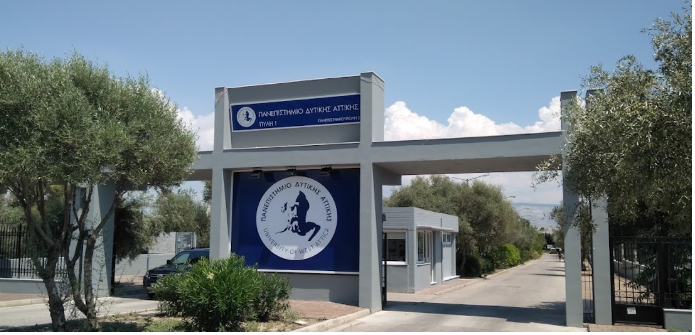
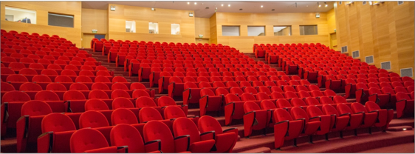
| Venue (UniWA Campus 2, Conference Rooms) | Central Athens Attractions and Best Places | How to come to the Venue (UniWA Campus 2) |
| download | download | download |

